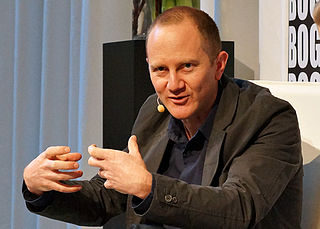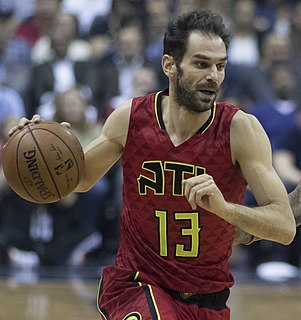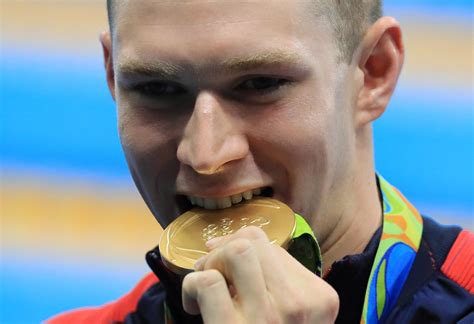A Quote by Alberto Manguel
I never talked to anyone about my reading; the need to share came afterwords.
Related Quotes
At about the age of seven … I wrote exactly the kinds of stories I was reading: All my characters were white and blue-eyed, they played in the snow, they ate apples, and they talked a lot about the weather: how lovely it was that the sun had come out. This despite the fact that I lived in Nigeria; we didn’t have snow, we ate mangoes, and we never talked about the weather, because there was no need to.
On our honeymoon we talked and talked. We stayed in a beachfront villa, and we drank rum and lemonade and talked so much that I never even noticed what color the sea was. Whenever I need to stop and remind myself how much I once loved Andrew, I only need to think about this. That the ocean covers seven tenths of the earth's surface, and yet my husband could make me not notice it.
Having spent 37 years of my life in the military as a reservist, and never having met a gay in all of that time, and never having even talked about it in all those years, I just thought, why the hell shouldn't they serve? They're American citizens. As long as they're not doing things that are harmful to anyone else... So I came out for it.
We [me and Jennifer Salke] talked about the characters and different kinds of families and where are we today. We certainly pitched the gay couple, but we also talked about what it was like to be a single mother with a young daughter, what is it like to be a woman in your 50's who is completely starting over and dating again and having to go online to date again. We talked about the whole spectrum of the characters, but I don't think it ever came up about whether people are ready for it or not.
Each of us is comprised of stories, stories not only about ourselves but stories about ancestors we never knew and people we've never met. We have stories we love to tell and stories we have never told anyone. The extent to which others know us is determined by the stories we choose to share. We extend a deep trust to someone when we say, "I'm going to tell you something I've never told anyone." Sharing stories creates trust because through stories we come to a recognition of how much we have in common.
We keep each other alive with our stories. We need to share them, as much as we need to share food. We also require for our health the presence of good companions. One of the most extraordinary things about the land is that it knows this—and it compels language from some of us so that as a community we may converse about this or that place, and speak of the need.
Perhaps storytellers don't need to care as much about the future as executives and investors do. After all, isn't it possible that technology will enable storytellers to connect directly to their audience without the need for anyone to share the programming decisions or the profit in between? Don't bet on it.







































